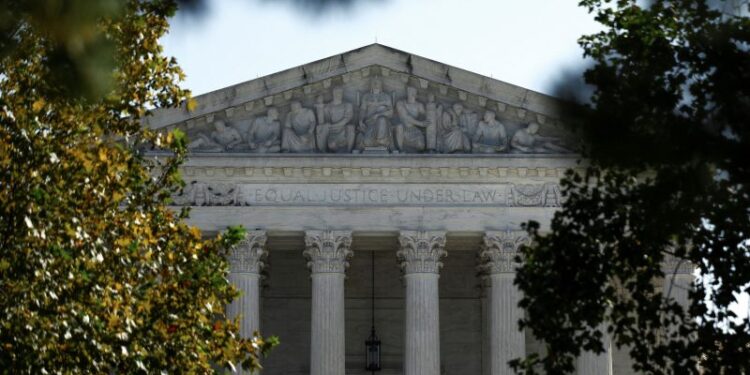The High Court is currently in a struggle with the question of whether or not elected officials can legally block their constituents from posting criticism on their social media accounts. This question comes on the heels of a case brought up by President Trump this year, where he was accused of blocking constituents on Twitter. The case claimed that by blocking people on social media, President Trump was denying free speech rights protected under the first amendment.
The issue of social media censorship has become increasingly topical in politics as social platforms become more integral to our cultural discourse. Many elected officials use twitter and other social media accounts to announce policy updates and communicate with citizens. Others use it to defend policies or address criticism. Online criticism of elected officials has become more commonplace over the past decade and cases from elected officials blocking citizens appear to be a countermeasure against negativity.
The High Court is currently examining the question of whether or not elected officials can legally block constituents from these platforms when the criticism is political in nature. Officials argue that blocking the people in question can deter others from commenting and thus silencing voices. Critics argue that blocking these people is a violation of their first amendment right to free speech.
The High Court seems to be stuck in a heated debate on this issue as many Justices appear torn between protecting the free speech rights of citizens or allowing elected officials to block users to protect their online presence. Ultimately, the Court will have to examine the implications that their decision has on both our electoral process and our public discourse. Whatever decision the Court makes will be closely watched by politicians and citizens alike as it could become a litmus test on the right to free speech in the digital age.

















